I'm seeing strange behavior when I try to apply a right bit-shift within a variable declaration/assignment:
unsigned int i = ~0 >> 1;
The result I'm getting is 0xffffffff, as if the >> 1 simply wasn't there. It seems to be something about the ~0, because if I instead do:
unsigned int i = 0xffffffff >> 1;
I get 0x7fffffff as expected. I thought I might be tripping over an operator precedence issue, so tried:
unsigned int i = (~0) >> 1;
but it made no difference. I could just perform the shift in a separate statement, like
unsigned int i = ~0;
i >>= 1;
but I'd like to know what's going on.
update Thanks merlin2011 for pointing me towards an answer. Turns out it was performing an arithmetic shift because it was interpreting ~0 as a signed (negative) value. The simplest fix seems to be:
unsigned int i = ~0u >> 1;
Now I'm wondering why 0xffffffff wasn't also interpreted as a signed value.
